New Season – Returning to the Water – Boating 2022 in Poole Harbour
Returning to the Water
It’s been lovely to see so many getting afloat and returning to the water for a new season over the last few weeks. Lots of happy faces and many successful first trips of the season completed. We have enjoyed meeting so many for bespoke refresher training and great to see that it is becoming a norm for people to book a half or full day refresher with an instructor on board to either refresh skills or learn new routes. Great to have lots of people who have trained with us previously asking us to check plans for routes and asking questions.
After the fantastic long Easter weekend with four brilliant boating days we thought now might be a good time for a quick reminder out including both things we have spotted and people have asked us about. As always please do drop us a line with queries. We are proud to be able to provide full time training both on clients own boats, Boat Club membership boats and our training school boats. If you want to get afloat but not sure how drop us a message and we can chat through Boat Club membership options or occasional charter with or without a Skipper.
We are clearly unable to cover all eventualities in this note below but we hope a few tips alongside the training you have received previously might be helpful. Don’t forget the suncream and drinking water!
Lifejackets:
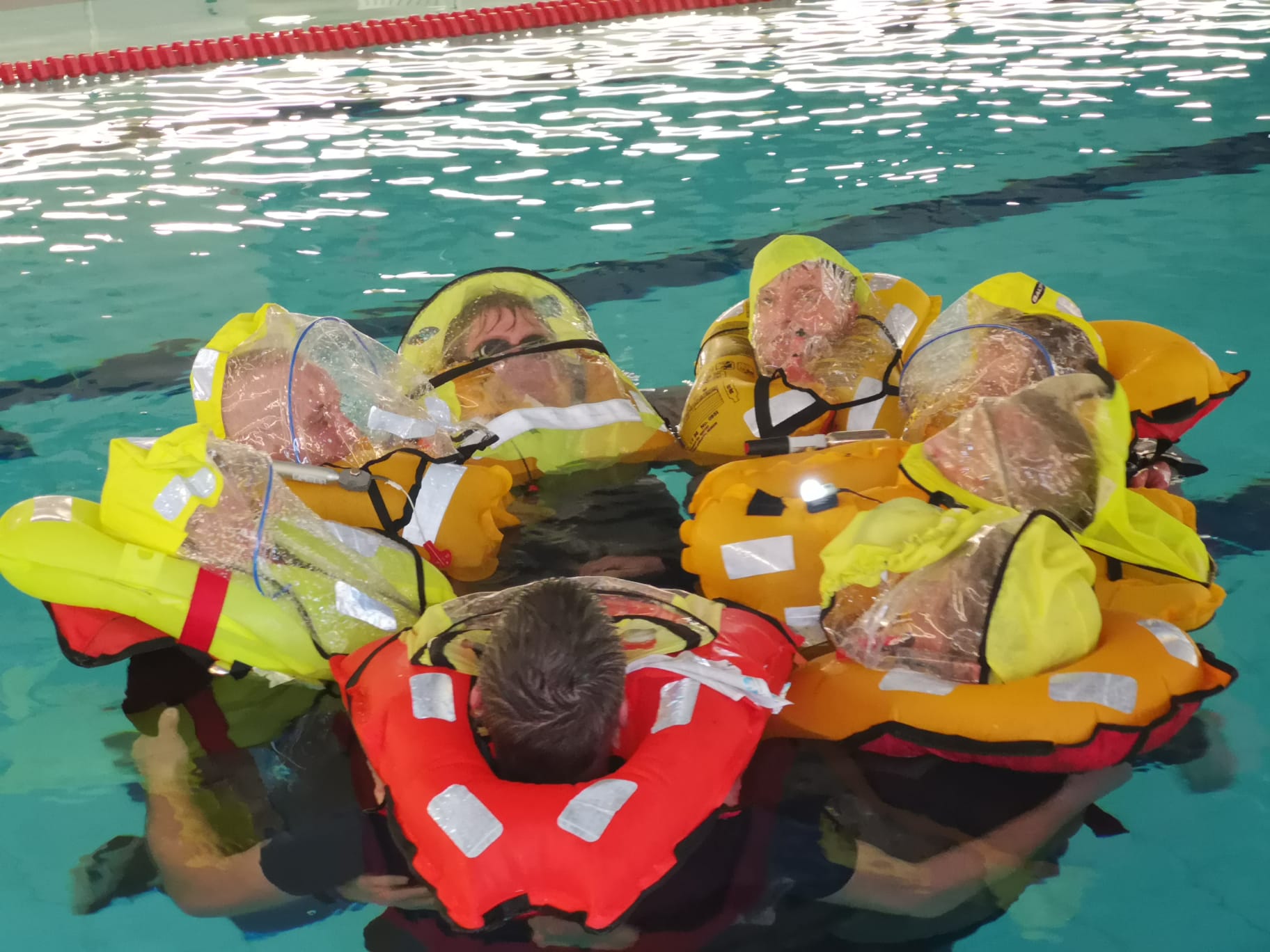
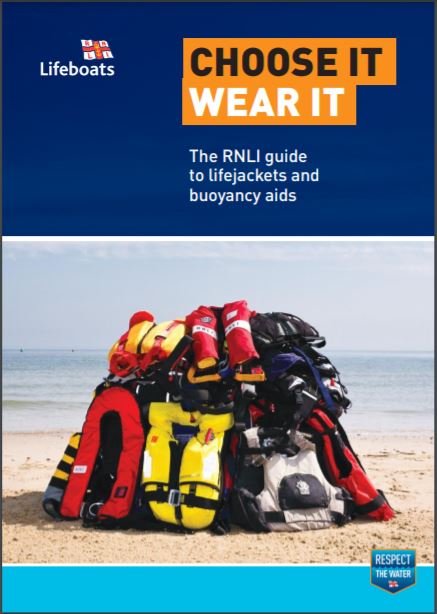 These are for your family and crew safety and should be worn at all times when underway – this guide from the RNLI is useful https://rnli.org/safety/lifejackets
These are for your family and crew safety and should be worn at all times when underway – this guide from the RNLI is useful https://rnli.org/safety/lifejackets
In particular as we are returning to the water check: all lifejackets have been serviced this year (they require annual maintenance checks), children have appropriately sized lifejackets, you haven’t accidently mixed in buoyancy aids, lifejackets are worn as the top most layer of clothing (no coats over the top), lifejackets should be done up across the middle and crotch straps worn.
Planning:
Ensure you have a plan before going afloat. Check the wind and tides and prepare a pilotage plan for where you are heading. We have seen a few boats heading across sandbanks and getting caught out by the tide – simple planning will help prevent such incidents. Have a plan for conditions changing.
Before leaving a pontoon check the boat (including safety kit, chart plotter and radio) and crew to ensure you have everything, check you have sufficient fenders in the right locations on board (watch the back corners in particular) and let someone know you are going afloat. We suggest using the FREE RYA Safetrx app
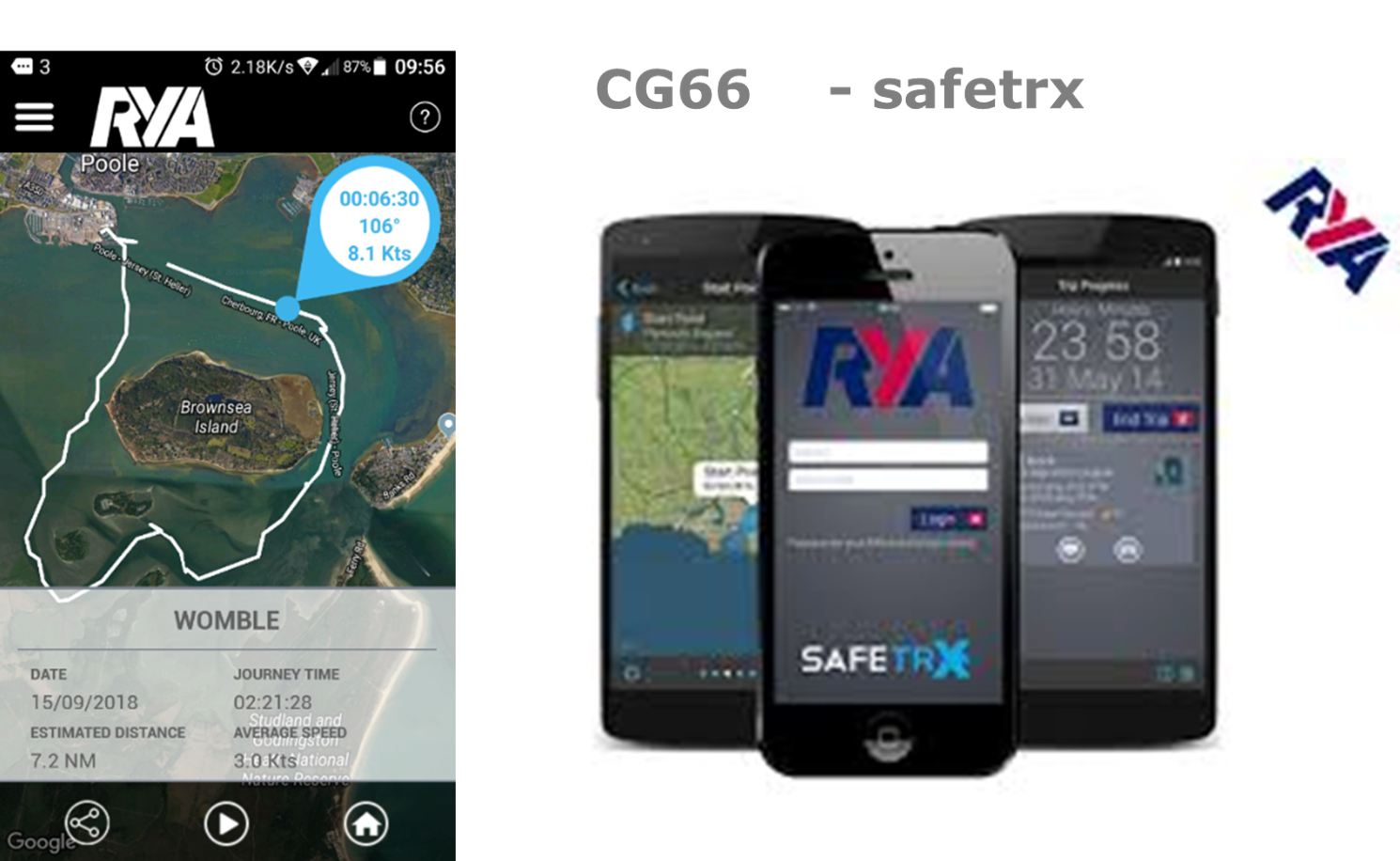
If unsure about anything before you start returning to the water or you can’t remember how to do a pilotage plan drop us a line and we can either meet up or we’ll send you a link to our YouTube video which explains it all. For our newly qualified PB2 boaters we are really looking at an area of Bournemouth Pier to Old Harry until you get more experience and awareness of tides, rocks contour lines and planning!
Before leaving the pontoon, assess wind and tide to think about which direction you will be pushed even in neutral. Run through start up checks (students who have trained with us will know the acronym KNIGHTS) and remember at all times the engine is running you must be wearing the killcord.
Stowing fenders and lines:
Once you are underway find a safe place to hold station to stow fenders and lines. On most boats the lines (and fenders) should be removed whilst underway or at the very least made secure on a cleat. If fenders are left out whilst you travel along they can scratch the gelcoat on fibreglass boats, they may cause splashing on RIBs and you are putting extra pressure on the lines, running the risk of loosing them.
Seating:
When going faster or on the plane remember to ensure everyone is seated in a safe seat facing forward. This is usually behind the helm on most boats as the bow area will be subject to greater forces. If unsure please have a chat. Sitting on tubes on RIBs is strongly discouraged now in the wake of recent accidents. If going faster remember location, planning, scan the environment for other craft and hazards, slow slightly and trim in for turns and keep the turns big and wide to prevent the risk of hooking. Don’t forget to look right over your shoulder to the engine area before executing turns.
Resources:
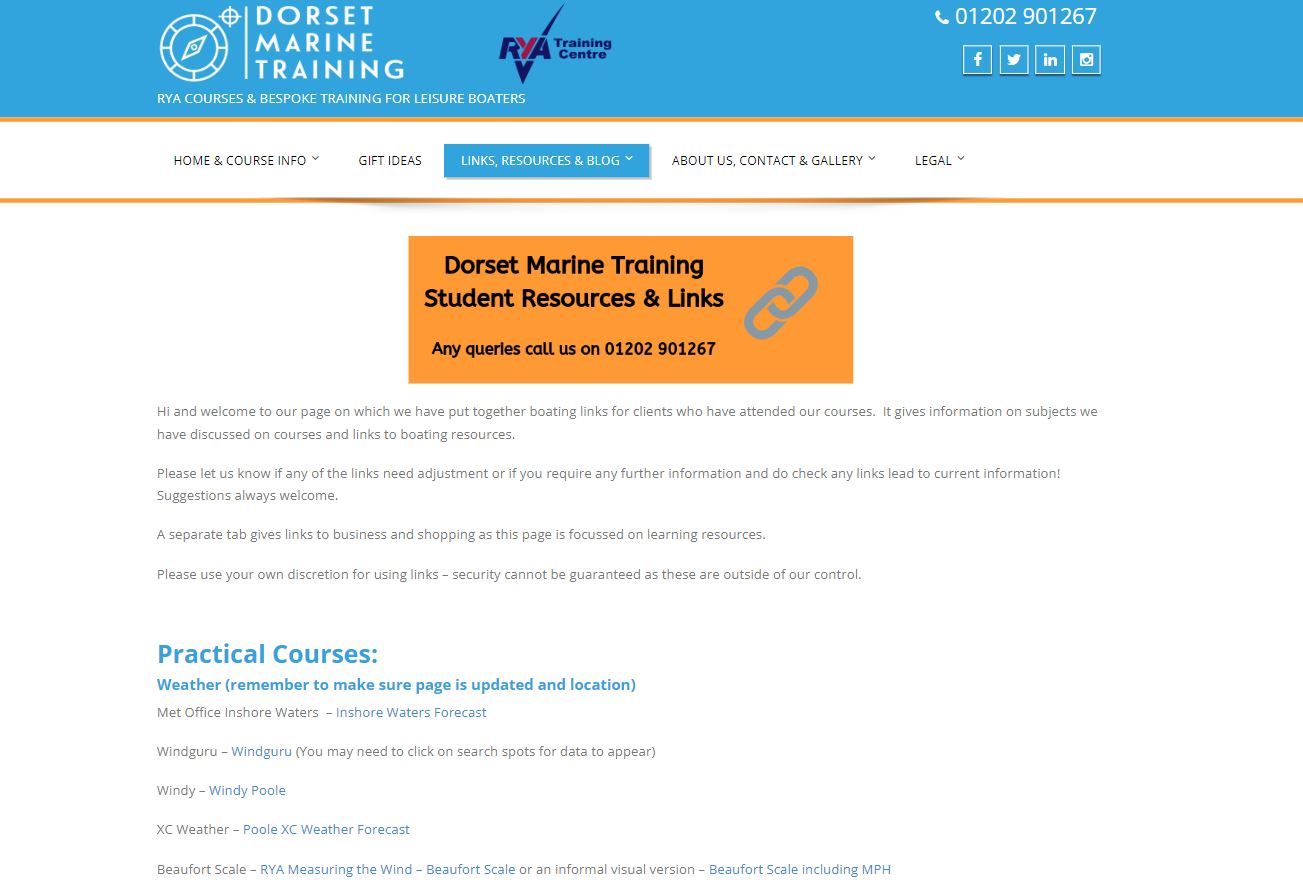 Have a look at our resources available for those who wish to refresh their knowledge. We are first and foremost always happy to have a chat: Contact Us . We also have a YouTube channel and a dedicated webpage with links to all sorts of useful information such as weather forecasts, tidal information, lifejacket info, harbour byelaws etc. Don’t forget to sign up for the temporary changes to byelaws on the PHC website LNTMs
Have a look at our resources available for those who wish to refresh their knowledge. We are first and foremost always happy to have a chat: Contact Us . We also have a YouTube channel and a dedicated webpage with links to all sorts of useful information such as weather forecasts, tidal information, lifejacket info, harbour byelaws etc. Don’t forget to sign up for the temporary changes to byelaws on the PHC website LNTMs
IRPCS (‘Rules of the Road’):
Ensure you remember what to do when approaching other boats, which way to turn and make decisions early. Before making any turns look over your shoulder all the way to the engine to look for other boats and warn crew before speeding up, slowing down or making turns.
VHF Radio:
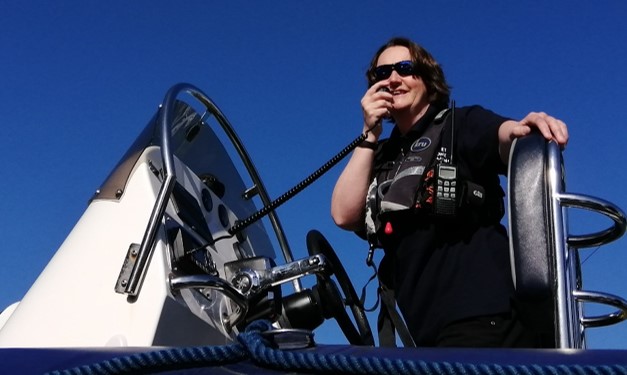 Remember to keep a listening watch on the harbour channel on the VHF so that you know where you will encounter shipping as we start returning to the water. To operate a VHF radio it is a legal requirement someone on board has a VHF license (talk to us about arranging this if you’ve not completed this yet – VHF Radio Courses) If going to another marina such as Poole Quay or Yarmouth you will usually need to book a berth. This should be on the appropriate channel using the radio. The VHF gives out information on new weather warnings, where divers might be in the water, shipping information and information as to hazards as well as being an emergency calling piece of kit.
Remember to keep a listening watch on the harbour channel on the VHF so that you know where you will encounter shipping as we start returning to the water. To operate a VHF radio it is a legal requirement someone on board has a VHF license (talk to us about arranging this if you’ve not completed this yet – VHF Radio Courses) If going to another marina such as Poole Quay or Yarmouth you will usually need to book a berth. This should be on the appropriate channel using the radio. The VHF gives out information on new weather warnings, where divers might be in the water, shipping information and information as to hazards as well as being an emergency calling piece of kit.
Do you have a license but need a quick refresher arrange a time to catch up? Our training radios are set up in the classroom. We would encourage you to pop in and practice if its been a while since you last used the radio. To do a radio check try your marina, the local NCI or another boat.
Speed:
The speed limits have now returned to the harbour. Remember this is a maximum and not a target! The speed limit extends just past channel buoy number 8 (some distance past the chain ferry). Don’t forget there is a quiet zone South of the Islands with a maximum speed of six knots. There are other specific limits for Wareham River and the Quay area. Don’t forget speed limits are not just about the speed displayed but also about wash. The harbour byelaw refers to excessive wash. Alongside the limits we all must abide by a safe speed (which may be less than the speed limit) at all times under the IRPCS legislation.
Returning to the pontoon – make a plan!:
Have a plan for where you plan to stop and put out fenders and lines. Think about the wind direction to assess which side of the pontoon you wish to come alongside. As you approach have a look to see whether the pontoon is busy. Will you need to wait for a space? If you need to wait practise ‘holding station’ . To hold station you need to point the boat into the conditions. This is usually the same way the other boats on the moorings are facing. Don’t aim at the end of a pontoon but take pride in your ability to moor calmly alongside a pontoon. If you’d like practice parking why not book a half day?
Mostly importantly – Have fun and stay safe! Ask us for help and information. Boating is an adventure and we have a wonderful safe environment in Poole for people to get afloat.
Remember the saying that were almost certainly given to you on your PB2 course. “Slow is Pro”, “Steer before Gear”, “One Hand Gear, One Hand Steer”
A little planning and thought will ensure safe happy days out as you are returning to the water. We are clearly not able to cover all the information pertinent to going boating in this short note (written 2022). That is why we suggest all skippers complete a basic level of formal training. We all learn something every time we go afloat. The good boaters will ask questions and constantly seek to improve their skillset. If there is anything we have talked about in the about information that you are unsure about please just drop us a message to chat – we know it’s hard to remember everything so we are happy to help!











